Globally, cancer is the second leading cause of death, also because the efficiency of chemotherapeutics is inadequate due to poor delivery to the tumor. NIM scientist Prof Olivia Merkel and her team develop targeted nanocarrier systems to increase the delivery rates of therapeutic formulations and their specific uptake into the target cells.
In the treatment of cancer, there are still several limitations. Especially the delivery of sufficient amounts of active chemotherapeutic drug is difficult. After the conventional intravenous administration, the therapeutic formulation faces some hurdles before reaching the target site. In most cases, the blood circulation time of the active compound is rather short, and a substantial amount of the remaining active drug accumulates in non-target tissues and leads to the known unpleasant and unwanted side-effects in patients.
Therefore, the group of Professor Olivia Merkel focuses on the development of stable and targeted nanocarrier formulations and alternative administration routes. One approach is the targeting of specific sugar receptors expressed on several cancer cells, the mannose and mannose-6-phosphate receptors. The new publication in Advanced Healthcare Materials (“Mannose and Mannose-6-Phosphate Receptor–Targeted Drug Delivery Systems and Their Application in Cancer Therapy”) provides a nice overview of the field and presents first results of a new approach tested in the Merkel Lab.
Image Credit: C Hohmann
News This Week
Very low LDL-cholesterol correlates to fewer heart problems after stroke
Brigham and Women's Hospital's TIMI Study Group reports that in patients with prior ischemic stroke, very low achieved LDL-cholesterol correlated with fewer major adverse cardiovascular events and fewer recurrent strokes, without an apparent increase [...]
“Great Unified Microscope” Reveals Hidden Micro and Nano Worlds Inside Living Cells
University of Tokyo researchers have created a powerful new microscope that captures both forward- and back-scattered light at once, letting scientists see everything from large cell structures to tiny nanoscale particles in a single shot. Researchers [...]
Breakthrough Alzheimer’s Drug Has a Hidden Problem
Researchers in Japan found that although the Alzheimer’s drug lecanemab successfully removes amyloid plaques from the brain, it does not restore the brain’s waste-clearing system within the first few months of treatment. The study suggests that [...]
Concerning New Research Reveals Colon Cancer Is Skyrocketing in Adults Under 50
Colorectal cancer is striking younger adults at alarming rates, driven by lifestyle and genetic factors. Colorectal cancer (CRC) develops when abnormal cells grow uncontrollably in the colon or rectum, forming tumors that can eventually [...]
Scientists Discover a Natural, Non-Addictive Way To Block Pain That Could Replace Opioids
Scientists have discovered that the body can naturally dull pain through its own localized “benzodiazepine-like” peptides. A groundbreaking study led by a University of Leeds scientist has unveiled new insights into how the body manages pain, [...]
GLP-1 Drugs Like Ozempic Work, but New Research Reveals a Major Catch
Three new Cochrane reviews find evidence that GLP-1 drugs lead to clinically meaningful weight loss, though industry-funded studies raise concerns. Three new reviews from Cochrane have found that GLP-1 medications can lead to significant [...]
How a Palm-Sized Laser Could Change Medicine and Manufacturing
Researchers have developed an innovative and versatile system designed for a new generation of short-pulse lasers. Lasers that produce extremely short bursts of light are known for their remarkable precision, making them indispensable tools [...]
New nanoparticles stimulate the immune system to attack ovarian tumors
Cancer immunotherapy, which uses drugs that stimulate the body’s immune cells to attack tumors, is a promising approach to treating many types of cancer. However, it doesn’t work well for some tumors, including ovarian [...]
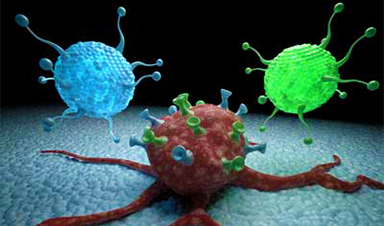

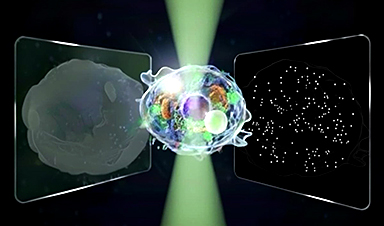

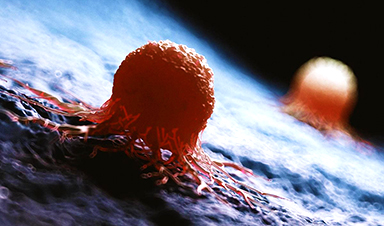



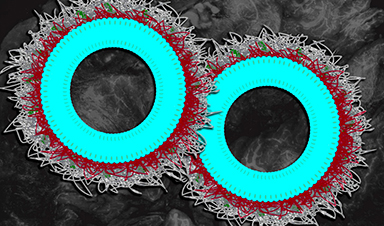

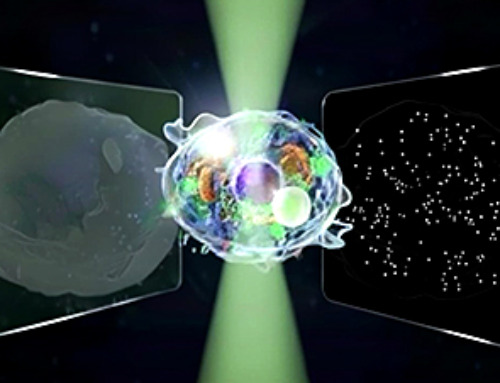

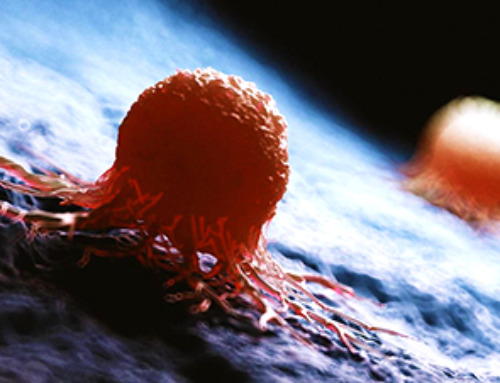

Leave A Comment